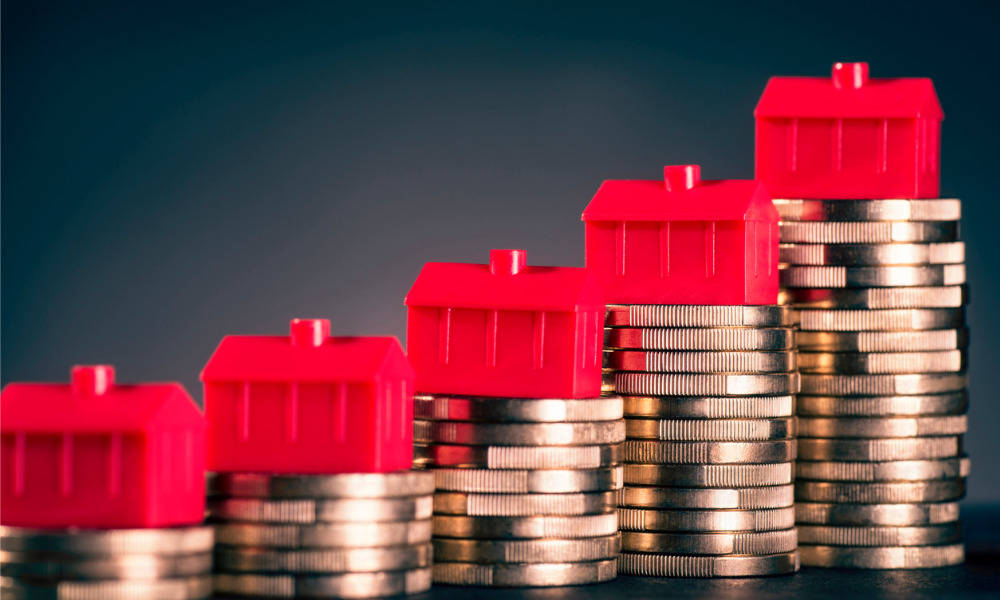Pandemic underperformers have plenty of potential for house prices to climb

Despite underperforming during the pandemic market boom, a number of areas of the UK property market look set to be the next up and coming hotspots for house price growth, the latest research by estate agent comparison site GetAgent.co.uk has revealed.
The research shows that since the start of the pandemic in January 2020, UK house prices have climbed by a huge 23.5%. However, no less than 208 local authorities have failed to meet this national benchmark and have largely trailed the pack. The City of Westminster is the only area to have seen a decline at -6.4%, but Camden (0.3%) and the City of Aberdeen (2.3%) also performed particularly poorly.
But while the market has been moving at a rate of knots, there are now signs that it is starting to slow, with mortgage approvals returning to pre-pandemic normality and house price growth beginning to slow.
Read more: House prices and trends – Nationwide reveals the latest.
In fact, over the last year, the average UK house price has increased by just 2.2%, which is a considerably lower rate of growth when compared to the wider pandemic period.
However, of those 208 areas that have trailed below the national average during the pandemic, 78 have registered a far higher rate of growth than the national average in the last year, suggesting they could well be the nation’s next up and coming hotspots for house price growth.
Epping Forest is tipped to be the nation’s next house price hotspot, with growth hitting 7.6% in the last year. Inverclyde has also seen one of the strongest performances, with house prices climbing 7.4% annually, along with Rutland (7.1%), Woking (6.5%), and Copeland (5.9%).
Other areas that largely underperformed throughout the pandemic but have seen above average levels of annual house price growth recently include Sevenoaks (5.8%), North Hertfordshire (5.7%), West Devon (5.4%), Hackney (5.4%), and Exeter (5.2%).
“We’ve seen a phenomenal rate of house price growth since the start of the pandemic and this is yet to subside, although we are now seeing signs that the market is starting to return to normality,” Colby Short, co-founder and chief executive at GetAgent.co.uk, commented. “Of course, not everywhere has benefited to the same extent and there are a whole host of areas that have really underperformed during the recent housing market boom.
“However, over the last year, we’re now seeing signs that some of these underperformers are ascending through the ranks to post some very strong rates of annual house price growth while the rest of the market has shifted down a gear or two.
“These are the ones to watch, as these local markets simply haven’t overinflated to the same degree and so there is plenty of potential for house prices to climb while the rest of the market moves at a far more measured pace.”



